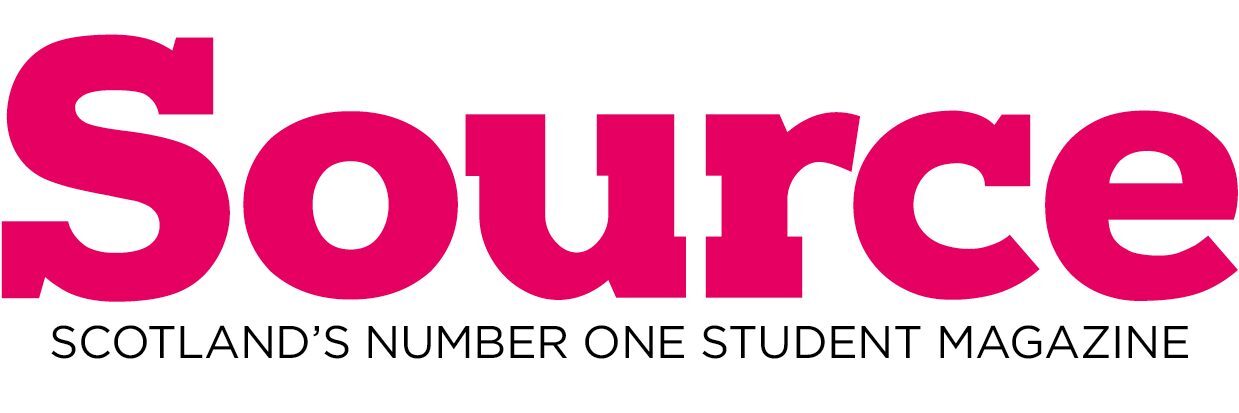 If you enjoy trying your hand – or mouth – at new languages, or you just have that “je ne sais quoi”, then interpreting might be the kind of job you’d excel in. We caught up with Natalia Prio, a Spanish conference interpreter and translator who lives in Madrid, about the ins and outs of the job.
If you enjoy trying your hand – or mouth – at new languages, or you just have that “je ne sais quoi”, then interpreting might be the kind of job you’d excel in. We caught up with Natalia Prio, a Spanish conference interpreter and translator who lives in Madrid, about the ins and outs of the job.
How long have you been interpreting for?
About 11 years. I started working in 2004, but officially became an interpreter in 2006.
What inspired you to get into interpreting?
A friend of my father’s family was an interpreter. I admired her as she was well-educated. I always wanted to be involved with foreign countries and people. She was my inspiration for getting into this kind of work.
How did you go about getting into it? Did you study at university?
When I was studying biology, I really liked science and nature, but the maths and physics side of things didn’t interest me, so I gave it up. I studied tourism in Madrid, as I was really interested in foreign people and countries but I knew I wanted to become an interpreter. I studied a master’s degree in translation in Saragossa.
How would you describe your job?
Thrilling! [laughs] I really enjoy it but prefer interpretation to translation. I like meeting people, dealing with people’s issues and I enjoy travelling around. With translation, you sit in front of a computer for long hours, and I don’t find it very healthy! They are almost two different professions. They both deal with language but the skills are quite different.
What’s a typical day like?
If I’m translating, I get up about 9am, and I start at 10am, which is the normal time in Madrid. I just work, work and work! After lunch I continue. As there is no schedule, this can be a problem. If you translate from home, you can end up doing a lot of additional hours and are not able to “switch off” and spend time with your family.
What skills are important?
For oral interpretation, you need to have good communication skills, much more so than for translation. Some clients complain that a lot of translators are monotonous when they interpret and that they don’t get “involved” in the topic when you speak, or the issues involved. But this is something that I try to do, to get involved with the issue being treated.
Have you had any funny incident of communication mix-ups?
When interpreting once, somebody was speaking about a type of illness that children suffer from that makes them lie with ease. The speaker said that one of these children might say, “I’ve just killed my father and buried him in the cellar.” I didn’t understand the word cellar, but understood the word salad, so I said: “I’ve just killed my father and buried him in the salad!”
What is your favourite language and why?
I can speak four languages: Spanish, which is my native tongue, French, German and English. English is my favourite because it is so flexible and you can give a great deal of meaning in a short amount of time. But with Spanish, you need a lot of explanation and idioms to give the same meaning.
Do you have a favourite turn of phrase or expression?
“Birds of a feather flock together.”
What advice would you give for someone who wants to get into interpreting?
I would say that instead of studying interpretation or translation right away, they should study something else first. Then if they want to specialise, then they could complement it with interpretation or translation. So I think it is better to know about something deeply, and then study interpretation so that you can interpret information on that subject.
For more information about the role of an interpreter, check out Prospects’ guide: www.prospects.ac.uk
Thanks to Translator UK for providing the interviewee.

